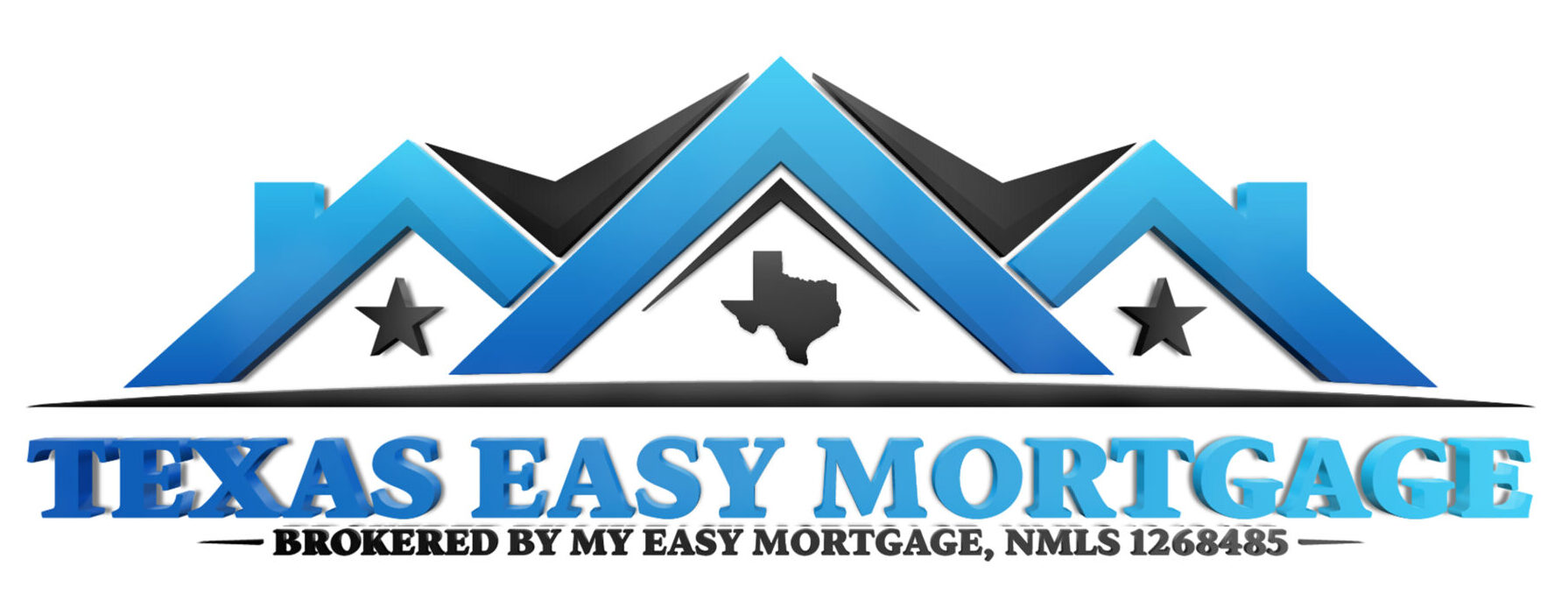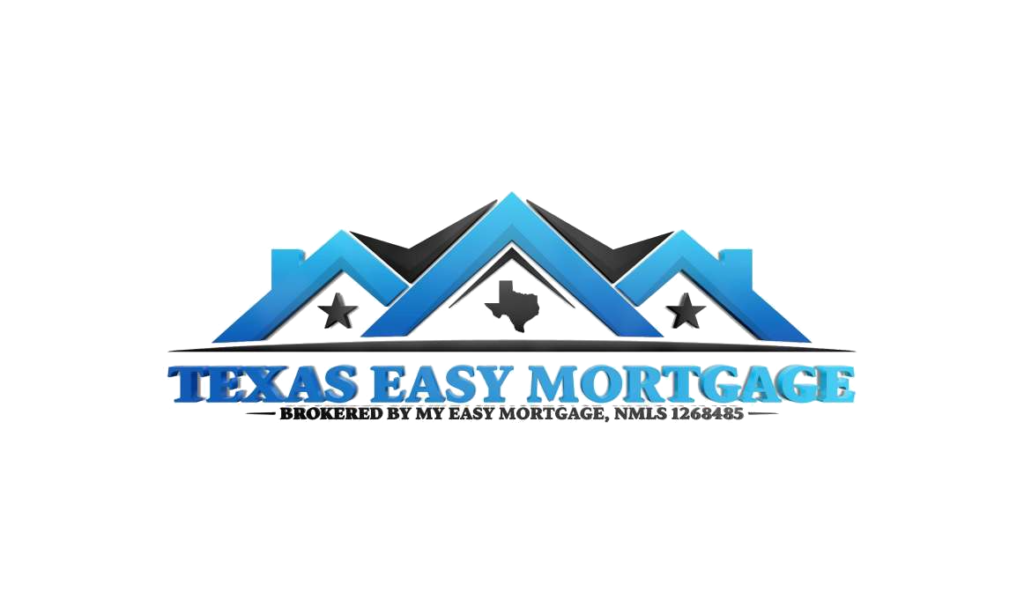WE’RE HERE TO HELP YOU
FHA Loans on the Cheap!
Typically an FHA loan is one of the easiest types of mortgage loans to qualify for because it requires a low down payment and you can have less-than-perfect credit. An FHA down payment of 3.5% is required. Borrowers who cannot afford a traditional down payment of 20% or can’t get approved for private mortgage insurance should look into FHA loans.
What is a FHA Loan?
Navigating the process of buying a home can often feel complex, particularly when faced with the numerous types of mortgages available. One popular type is the Federal Housing Administration (FHA) loan. For those unfamiliar with the intricacies of the mortgage industry, let’s delve into what an FHA loan is, and how it might be a suitable option for prospective homebuyers.
An FHA loan is a type of mortgage that is insured by the Federal Housing Administration, hence the name. The FHA, part of the U.S. Department of Housing and Urban Development, doesn’t lend money. Instead, it insures loans made by private lenders, providing them with the assurance that, if a borrower fails to repay the loan, the FHA will step in to cover the losses. This reduces the lender’s risk and makes them more willing to lend money under flexible terms.
One of the distinguishing features of FHA loans is their accessibility. They often require a lower minimum credit score and a smaller down payment compared to conventional loans. For instance, borrowers can qualify for an FHA loan with a credit score as low as 500-579, provided they can make a 10% down payment. If the borrower has a credit score of 580 or higher, the required down payment decreases to as low as 3.5%.
For example, consider a home listed for $200,000. With a conventional loan, a 20% down payment would amount to $40,000 – a sum that can be difficult for many to accumulate. But with an FHA loan, if a borrower has a credit score of 580 or above, the down payment could be just 3.5% or $7,000, making the prospect of homeownership much more attainable.
Additionally, FHA loans can be more forgiving when it comes to credit history. If a borrower has had some financial missteps in the past, such as bankruptcy or foreclosure, they may still qualify for an FHA loan, assuming they’ve re-established good credit and meet other requirements.
There are, however, a few important considerations to keep in mind. FHA loans require two types of mortgage insurance premiums: one that’s paid upfront at the time of closing, and an annual premium that’s divided into monthly installments. These insurance premiums can make FHA loans a bit more expensive over the long term. Also, FHA loans are typically restricted to primary residences, meaning the borrower must live in the home they’re purchasing.
In conclusion, FHA loans provide a flexible and accessible pathway to homeownership, particularly for first-time homebuyers or those with less-than-perfect credit or limited savings. As always, it’s important to consider your personal financial situation and consult with a mortgage professional to determine if an FHA loan, or any other type of loan, is the right fit for you.


